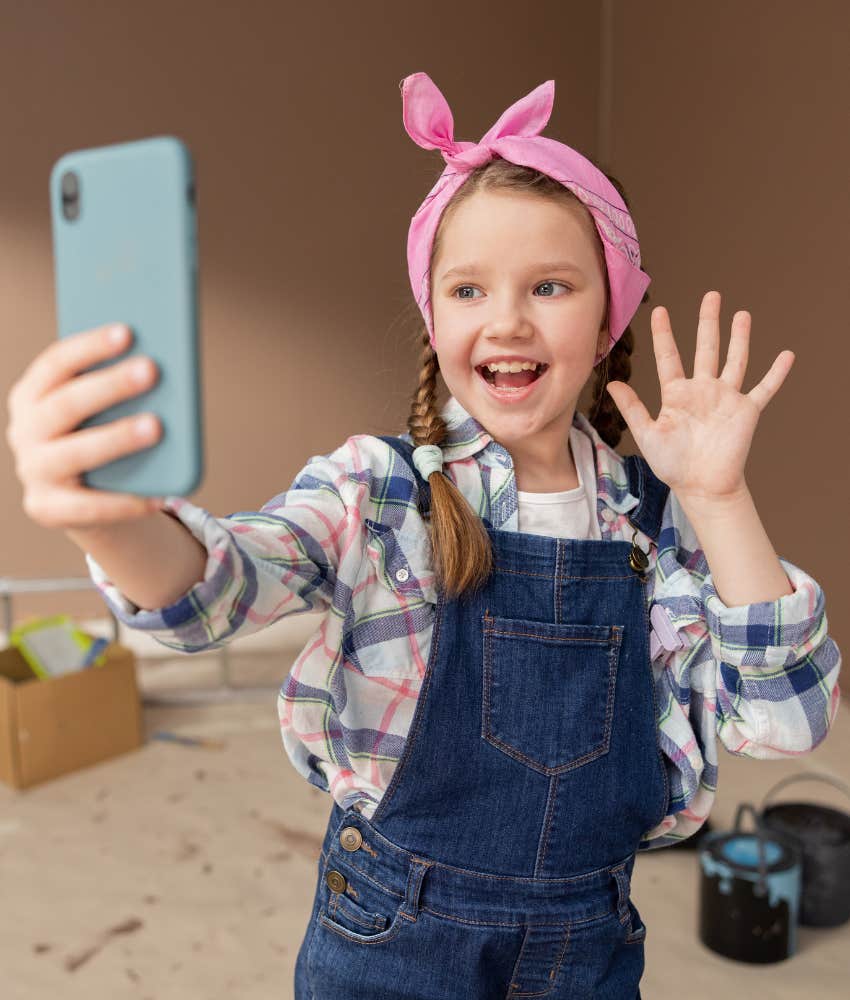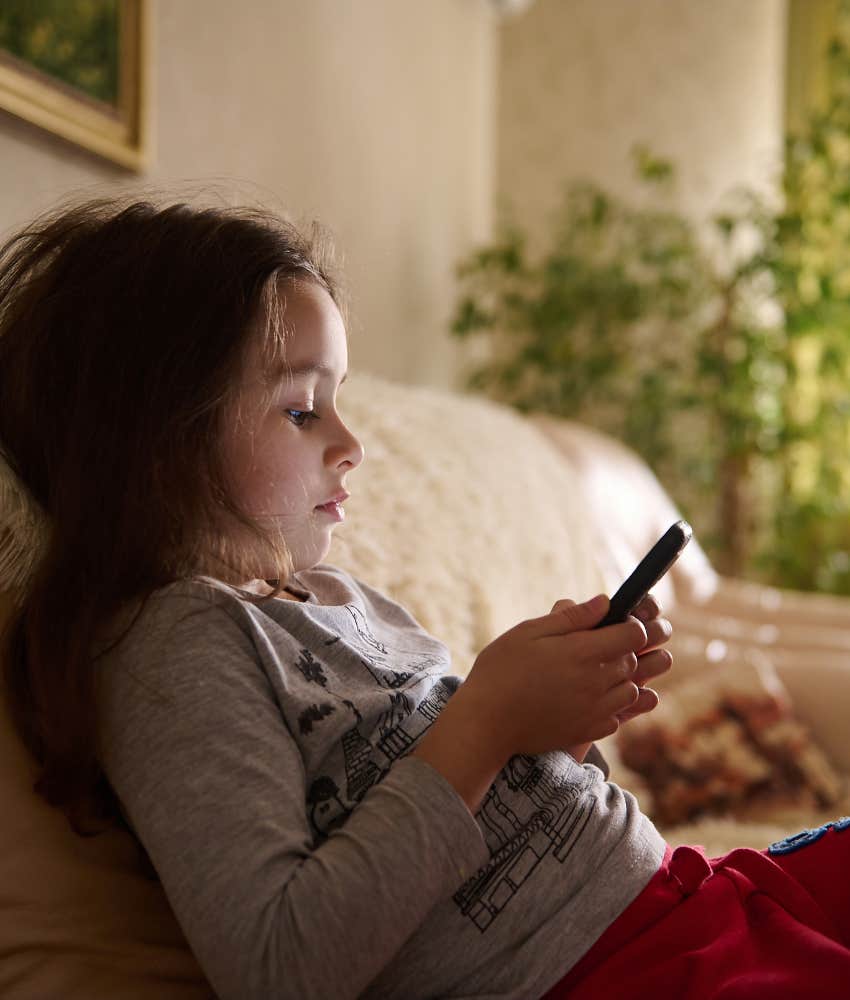Dad Asks If He Was Wrong For Taking Down His 9-Year-Old Daughter’s TikTok Account, Despite Her Mom Giving Her Permission
It’s understandable why he wants to protect her from social media at such a young age.
 Pheelings Media / Canva Pro
Pheelings Media / Canva Pro A dad was taken aback after he found his 9-year-old daughter’s TikTok account. After confronting her mom about it and being dismissed for his concerns, he decided to take matters into his own hands.
The dad asked if he was wrong for reporting his daughter’s TikTok videos and taking down her account.
In the AITAH post, the man explained that upon discovering his daughter’s TikTok account and asking her about it, she said her mom knew about it.
The dad then questioned her mom and informed her he wasn’t OK with it. “She brushed it off and told me all the parental controls she was putting in place,” the dad wrote in his post. “I might just be overprotective of my kids but I still feel as if kids that young [shouldn’t be on] TikTok or the internet without a high level of supervision by an adult.”
 Trzykropy | Shutterstock
Trzykropy | Shutterstock
“After my concerns were brushed to the side, the only thing I can do is to have the account taken down,” he added. “Guidelines state no one under 13.”
The dad was understandably concerned for his daughter’s mental well-being because kids who are exposed to social media from a young age aren’t able to grasp its concept, and it can play a negative role in their minds and behavior.
Reddit users supported the dad for taking action and detailed why social media negatively influences kids’ impressionable minds.
“I feel so strongly for OP right now because our step kiddo started the same,” another parent shared. “Her mom gave her an unlocked tablet with no parental settings. So while she had a cellphone that was moderated at our house, she just backdoored her way onto things she shouldn't have access to via the tablet.”
Even when content is monitored by parents, technology use can still impact kids’ minds. Some teachers in the forum verified the significant difference they have noted in today’s younger generations because of the effects of social media.
“I’ve been a 5th-grade teacher for 15 years, and I can tell you firsthand what social media does to young children. It’s not about the type of content,” one person commented in the post. “These kids can’t function without instant gratification or attention. It’s literally ruining our society.”
 Taras Grebinets | Shutterstock
Taras Grebinets | Shutterstock
“I am a behavioral therapist in the school system, and I couldn’t agree more,” another person commented. “Not only the instant gratification but the absolute lack of social understanding in kids who spend too much time on social media. These kids are legitimately unable to connect with other people because they are so poorly socialized that they can only speak in memes.”
Other teachers claimed social media culture is additionally ruining their schools because kids are easily influenced by nihilistic trends.
“They had to cancel all student activities in our school district a few years ago because kids were destroying and stealing stuff in the bathrooms. Like sinks went missing,” someone else commented.
Social media can trigger addictive and nihilistic mentalities in young kids, which will follow them.
And these kids are growing up to adopt even more nihilistic views, having little to no grasp of reality outside the digital world. According to Yale Medicine, some researchers believe that because exposure to social media overstimulates adolescents’ brains, they can develop an addiction. Kids and teens who use social media excessively can additionally develop mental health issues like depression and anxiety. Other symptoms they might experience are a short attention span, trouble sleeping, and feelings of insecurity and exclusion around peers.
With that being said, the dad was smart to swiftly take action and protect his daughter from falling down a potentially irreversible path.
While it’s natural for parents to let their kids use iPads and tablets on occasion, without the proper guidance or screen time restrictions, these kids are at greater risk of behavioral and developmental issues. Sadly, living in a digital age where we are constantly surrounded by technology, limiting technology use among our kids can be challenging.
Although 13 is the permitted age for social media use, these guidelines don’t account for the ongoing mental health problems teenagers can still experience from social media’s influence.
By openly communicating the negative effects of social media to your kids, steering them in the right direction, and allowing them to embrace their curious nature and get creative with how they spend their time, you’re paving the way for your kids to grow up with sharper minds and higher self-esteem.
Francesca Duarte is a writer on YourTango's news and entertainment team based in Orlando, FL. She covers lifestyle, human-interest, adventure, and spirituality topics.

